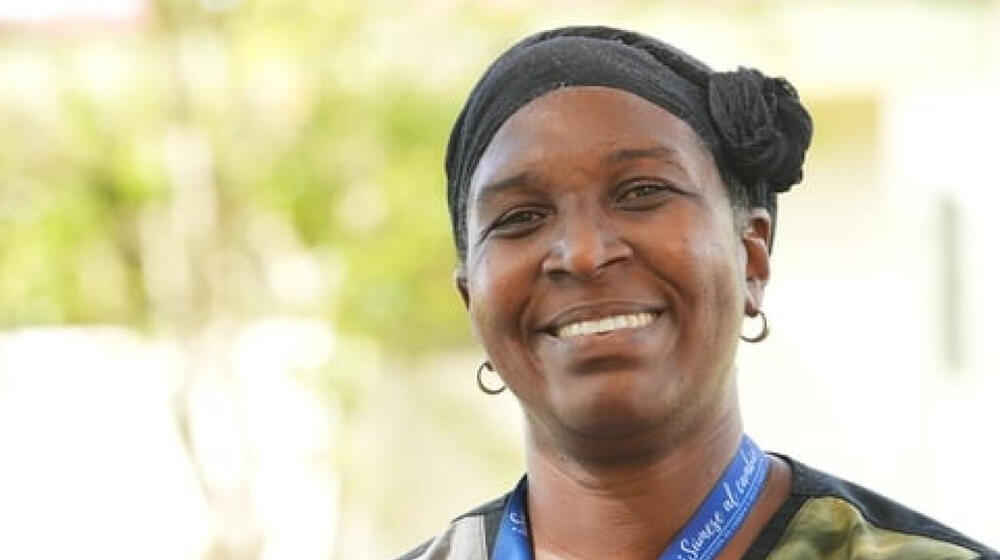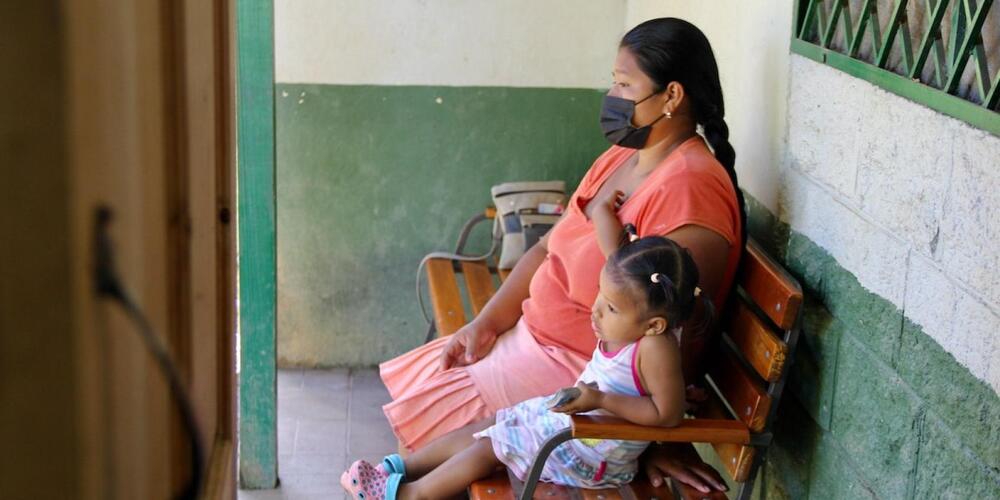News
‘Dream and fight’: Afrodescendant nurse lifts up marginalized women in Costa Rica
- 29 August 2022
News
LA PALMA/SAN, JOSÉ Costa Rica – “I want to be remembered as a woman of African descent who always dreamed and fought for what she wanted, despite her circumstances,” Siannie Palmer Miller told UNFPA.
The brutal history of slavery and racism continue to inflict harms on the health, welfare and rights of people of African descent in Latin America and the rest of the world. Ms. Palmer learned at an early age that people would treat her differently because of the colour of her skin and her gender: “I have been discriminated against for being a woman, because of my skin colour, because of my origins and even because of the province in which I was born and live. Sometimes subtly with comments and jokes with double meanings and other times in an open and grotesque way.”
But this tragic reality has only fuelled her desire to make real and lasting change for the women in her community.

Growing up the ninth daughter of a tenant farmer and midwife, she understood the needs around her. Many of her peers struggled as young mothers. “At an average age of 15 or 16, women would leave their studies to start a family,” she recalled.
Ms. Palmer knew she wanted to give back. She studied to become a nurse of obstetrics and gynaecology: “Serving women in this community is important because by improving their sexual and reproductive health, we change lives and save lives.”
Building trust, saving lives
Afrodescendant women in Latin America are systematically affected by discrimination, resulting in worse health outcomes, research shows. Maternal mortality is disproportionately high among Afrodescendant women, and maternal death rates are declining more slowly among this group compared to other ethnicities.
The COVID-19 pandemic has also dealt a blow to this community, with higher vulnerability to infection among Afrodescendants. One study of eight Latin American countries found that 92 per cent of maternal deaths among women with COVID-19 were Afrodescendant, indigenous or mixed race.

This is the environment in which Ms. Palmer serves her community, working at a health post in La Palma that was established by UNFPA and a number of other United Nations agencies, part of a programme to reach marginalized women, including those of African descent as well as the indigenous Ngäbe population.
Ms. Palmer is able to deliver care with empathy and compassion, and to connect deeply with her patients.
"There’s confidence, so we can tell her what we may be going through,” explained one of the clinic’s patients, Isolda Duarte Martínez La Palma.
A legacy of excellence
This is the legacy that Ms. Palmer wants to leave to her community. She knows she has overcome great obstacles – excelling in school, winning a scholarship, studying abroad – to arrive at her current role. She wants to see other girls thrive and strive and lift one another up, as she has.
“I want to be remembered as a woman who never forgot her roots or the value of gratitude, work, excellence, empathy, and those ideals led her to live intensely doing the best she could in her generation,” she said.